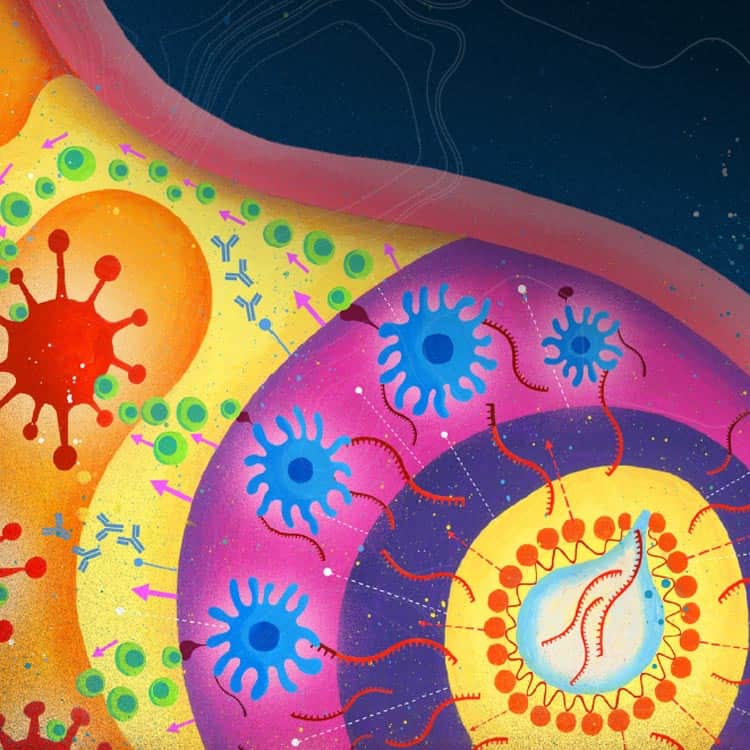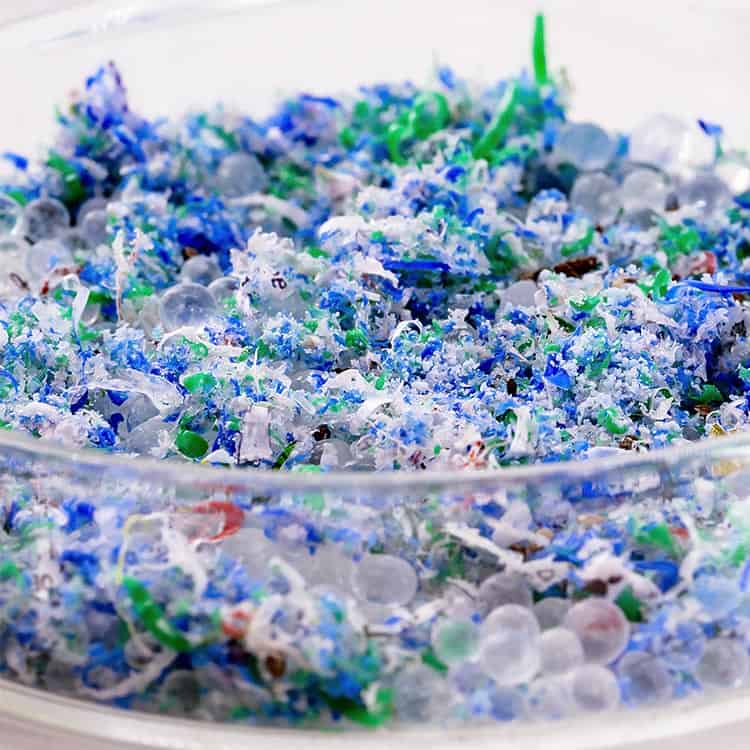The Spiritus Mission
Mission Spiritus is a global environmental campaign rooted in science, driven by exploration and united by purpose. Through adventure, research, education and with a simple global narrative, it will drive sustained cultural change. Each expedition takes us to some of the planet’s most remote, awe-inspiring locations to uncover the truth about plastic pollution and its impact on human and environmental health. By combining pioneering field research with powerful storytelling, our mission is to ignite awareness, shift mindsets and inspire action – creating a legacy of environmental stewardship for generations to come.
Our mission is achieved through:
-
Advancing research into micro and nano plastics and understanding the physiological response of the body in remote, isolated areas.
- Inspire millions of children not only to plant new trees throughout their lifetime but also to champion the protection of existing forests and flora, underlining the crucial importance of preserving our natural world.
- Harnessing the success of the expeditions to change our culture around the understanding of the environment and leave a legacy on Earth.


Far-reaching Microplastics
Expediting crucial research essential to the future of climate and human health
Microplastics have been discovered in almost every corner of the earth. They are in the wind systems that control our weather, they have been shown to cross the placental barrier and their proliferation to Antarctica is yet to be discovered.
Columbia Climate School’s Lamont-Doherty Earth Observatory – the first to publish a paper with the term ‘global warming’ – aims to study the planet from its deepest interior to the outer reaches of its atmosphere, providing a rational scientific basis for the difficult choices facing humanity.
Mission Spiritus is expediting critical scientific research to understand just how far these particles have spread, and what effect they’re having on both human and planetary health.
Working with the Columbia Climate School and its world-renowned Lamont-Doherty Earth Observatory, our expeditions collect sediment, water, snow, air and sand samples from Earth’s most remote regions – data that would otherwise take years to gather.

Human Health at the Edge
Generating valuable research in the fields of disease treatment, endurange and human health.
In parallel with environmental sampling, Mission Spiritus studies how the human body responds to the extreme conditions of remote expeditions – from Antarctica to the Sahara. In collaboration with the Department of Psychology at Manchester Metropolitan University and Nuffield Health, our human health study investigates the psychological, physical and neurobehavioural demands of expedition life.
Generating research, opportunity for knowledge exchange, and applied practice.
Co-ordinated by Professor Andy McCann (Department of Psychology at MMU) and Dr Ben Kelly (Nutfield Health), the research explores how humans adapt and perform across three key phases: preparing, performing and recovering. The findings will help inform better approaches to disease treatment, human performance and resilience in high-stress, low-resource environments – from space travel to submarine missions.



A Billion Trees by 2058
Trees are one of our planet’s most vital life support systems – yet we’re losing them at an alarming rate. Every year, more than 15 billion trees are destroyed, with just five billion replanted. Today, only 36% of our original rainforests remain.
Mission Spiritus has set an ambitious goal: to inspire one billion trees to be planted by 2058. Through education, outreach and youth engagement, we want to encourage every child we reach to plant a tree every year of their life – while championing the protection of existing forests and flora. Every tree planted is another breath for planet Earth.
Only 36% of our rainforests remain
Only 3 trillion trees left on Earth
42 million trees are destroyed every day
Humans have destroyed 46% of trees in existence
One Amazon tree hosts 1,100 insect species
Inspiring the Next Generation
Investing in the power and potential of the next generation
Mission Spiritus exists not just to explore the world, but to help preserve it. Central to that ambition is education. In partnership with Spirit Ed, we’re creating lesson plans, classroom resources and learning opportunities designed to reach over 20,000 schoolchildren – helping young people understand the impact of plastic pollution and inspiring them to take action.
Using ‘Lessons from the Ice’ and other expedition insights, we’re bringing real-world science into schools – making climate literacy, geography and sustainability more tangible and human-centric. These lessons are about more than information; they’re about mindset. About equipping the next generation to become environmental stewards with a global perspective and a shared sense of responsibility.


Building a Legacy Through Research and Action
By 2023, more than 10 billion metric tons of plastic waste had been produced globally, with an estimated six billion tons discarded into the environment. The consequences are profound – not just for ecosystems, but for human health.
Mission Spiritus aims to generate evidence-based research that can be shared, understood and acted on by scientists, policymakers, educators and the public alike.
Our partnership with Columbia University, and the unique nature of our expeditions, gives us the opportunity to create change that others can’t replicate.
This isn’t just about raising awareness. It’s about generating real-world data that paves the way for solutions.

Powered by Collaboration
Mission Spiritus is made possible through a growing network of partners across science, education, media and philanthropy. From leading universities and health organisations to expedition specialists and communications experts, this collaboration fuels our ability to operate in the most remote places on Earth and deliver real-world impact.
At the heart of our scientific efforts is the Columbia Climate School’s Lamont-Doherty Earth Observatory – one of the world’s most respected environmental research institutions. Their mission is to study the planet, from its deepest interior to the outer reaches of its atmosphere, providing a rational, evidence-based foundation for the difficult choices facing humanity. Their legacy includes:
First to publish a paper with the term ‘global warming’.
First to map the ocean floor.
First to predict El Nino events.
Three of the 15 teams that received the $1 million milestone prize in the current $100 million X-Prize Carbon Removal competition funded by the Musk Foundation were based on LDEO IP.
The 2022 $1.2 million prize was awarded by Prince William to a removal company that was built on LEDO IP.
Leader in studying Earth’s carbon cycle.
Home to first successful experiments in both carbon capture and carbon sequestration.
Evidence-based research showing how and why climate changes naturally over geologic time.
Built the first lunar seismometer deployed by Apollo astronauts
Enforced nuclear test ban through seismic detection
Provided key evidence for the theory of plate techtonics.
Together with Lamont-Doherty and our wider global community, we aim to shift public understanding, restore ecosystems, rewild natural landscapes, educate future generations, and build a body of research that strengthens environmental and human health.
This is a mission of hope – grounded in science and driven by action. We believe change is not only possible, but necessary. Join us.